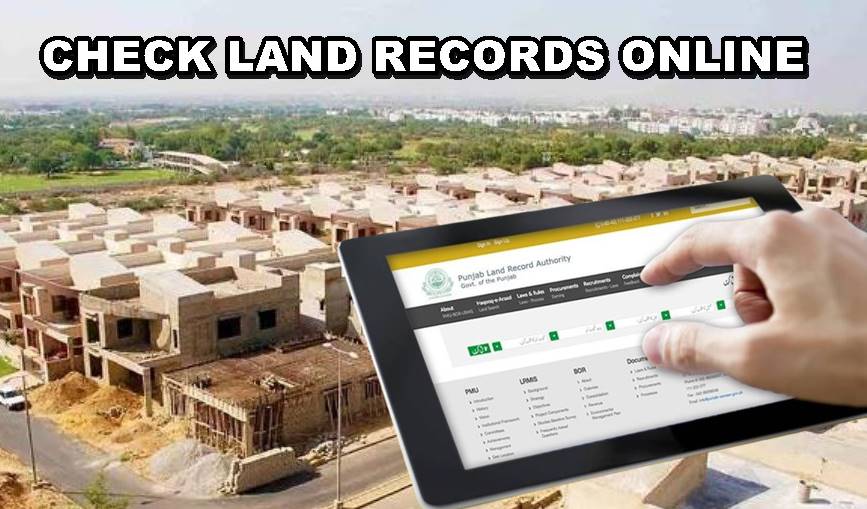ISLAMABAD:
Pakistan has finalised a trade liberalisation plan aimed at drastically reducing import taxes to stimulate exports and boost economic growth. The plan, estimated to cost the government Rs476 billion over the medium term, promises to enhance competitiveness and open up the economy.
The Tariff Rationalisation for Export-Led Growth plan has already received in-principle approval from Prime Minister Shehbaz Sharif. However, it will require approval from the cabinet and concurrence from the International Monetary Fund (IMF) due to its potential impact on government revenue.
A special committee, constituted to create the plan, projects that reducing import taxes will cost the government Rs476 billion over five years. However, it is expected to foster competition, forcing local industries to compete on a global scale to maintain their market share.
The plan outlines the elimination of regulatory duties, additional customs duties, and the gradual phasing out of sales tax and withholding taxes at the import stage. These measures aim to lower production costs for export-oriented industries. It also proposes reducing the average import tariff from nearly 20% to under 15% over three to five years. Exemptions currently provided under the Fifth Schedule of the Customs Act would also be eliminated.
According to documents, Rs282 billion of the estimated Rs476 billion in revenue losses would occur during the IMF’s ongoing three-year programme. The Federal Board of Revenue (FBR) opposes the plan, warning that it may necessitate renegotiations with the IMF regarding revenue targets.
In July, PM Sharif established the Tariff Rationalisation for Export-Led Growth Committee to develop recommendations for rationalising import duties. Commerce Minister Jam Kamal chaired the committee, which included input from industry experts and relevant government departments.
The PM is expected to announce the plan in September, pending IMF endorsement. The decision to finalise the plan came after industrialists voiced concerns over the high cost of doing business. They pointed out that the government’s inability to provide fiscal incentives, due to IMF programme limitations, exacerbated these challenges.
In one of the committee’s meetings, the commerce minister noted that providing direct relief to industries, such as lowering energy rates, was not feasible given Pakistan’s fiscal constraints. He noted that short-term interest rate reductions were also unlikely, making tariff reductions the most viable option to stimulate the economy.
However, Minister of State for Finance Ali Pervaiz Malik urged caution, stressing the need to proceed carefully to avoid sending negative signals to the IMF.
The plan recommends abolishing regulatory duties, additional customs duties, and withholding taxes on imports of capital goods and industrial raw materials. Additionally, it proposes simplifying the import tariff structure by reducing the number of slabs from six to four: 0%, 5%, 10%, and 20%.
Pakistan faces a persistent balance of payments crisis, with economic growth leading to increased import demand while exports remain stagnant. To address this, the plan recommends targeted tariff reductions on intermediate inputs and capital goods crucial for the export sector. The report shared with the Prime Minister’s Office also highlights that, over the past 14 years, sales tax and withholding tax increases at the import stage have overshadowed the benefits of reduced customs duties.
High taxes at the import stage inflate domestic prices, making protected goods appear more attractive and incentivising manufacturers to focus on local markets rather than exporting. The current duty structure has led to confusion, with import taxes in Pakistan now at 46%, compared to the global average of just 5%.
The special committee has recommended reducing import duties on 381 tariff lines, despite strong opposition from the FBR, which fears that this may jeopardise Pakistan’s deal with the IMF. Nevertheless, the committee decided that the Tariff Policy Board’s remaining unimplemented decisions should be enforced immediately.
The FBR introduced additional customs duties and regulatory duties in the recent budget to collect Rs40 billion in taxes without prior endorsement from the Tariff Policy Board. The FBR has warned that withdrawing these duties would require renegotiations with the IMF.
In addition to industrial inputs, the committee has proposed reducing import duties on items such as cosmetics, toys, and kitchenware to discourage smuggling. It also suggests simplifying the concessionary regime under the Fifth Schedule of the Customs Act and streamlining tariff slabs.
The committee recommends reducing the average import tariff from the current 19.56% to 17.62% in the short term, with further reductions to 15.87% in the medium term and 14.29% in the long term. This would result in an immediate 2% reduction in import duties and a 5.3% reduction over the longer term.
Cost of the plan
The commerce ministry has proposed phasing out additional customs duties over three years. In the current fiscal year, it recommends reducing additional customs duty from 2% to 1% on zero-tariff slabs, which would cost the government Rs63 billion. For the next fiscal year, the plan suggests eliminating additional customs duties on the 3% tariff slab category, costing Rs51 billion. By the third year, all remaining additional customs duties would be removed, incurring an additional cost of Rs70 billion.
The plan also calls for phasing out regulatory duties over five years, which would lead to a revenue loss of Rs266 billion. Furthermore, reducing the number of tariff slabs would result in an additional revenue loss of Rs21 billion.
According to the proposal, the Rs476 billion in revenue losses will be offset by increased tax collection from domestic economic activities. However, the report does not quantify these potential benefits.
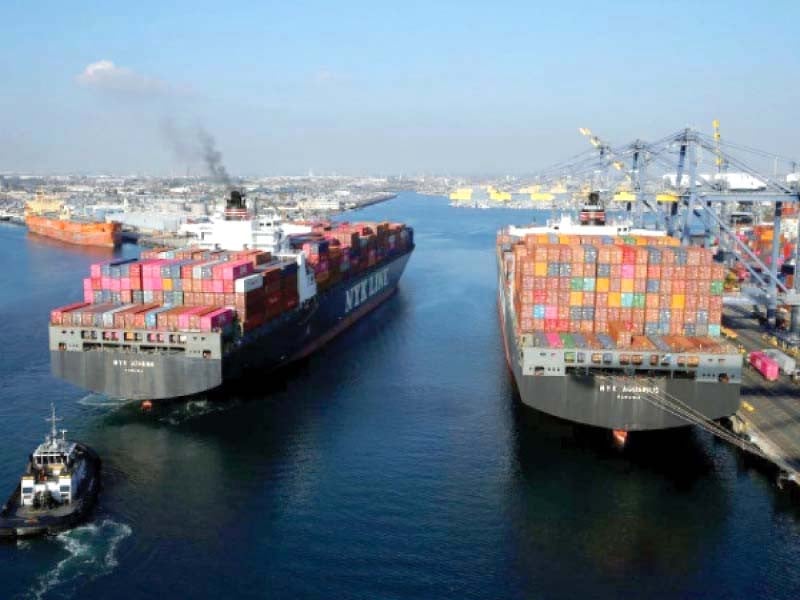

 Technology6 مہینے ago
Technology6 مہینے ago
 Pakistan7 مہینے ago
Pakistan7 مہینے ago
 Sports6 مہینے ago
Sports6 مہینے ago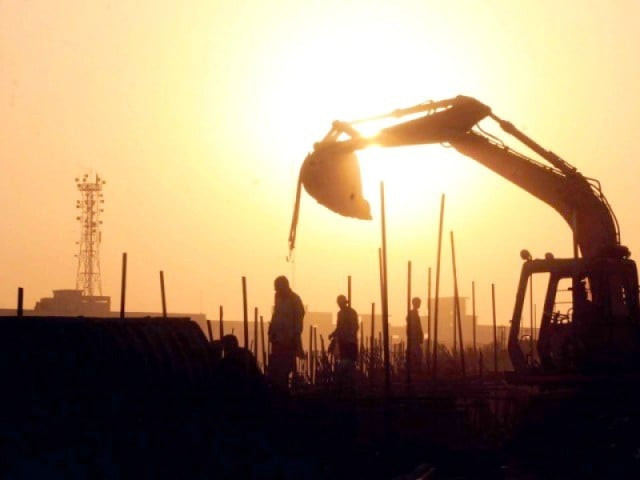
 Pakistan6 مہینے ago
Pakistan6 مہینے ago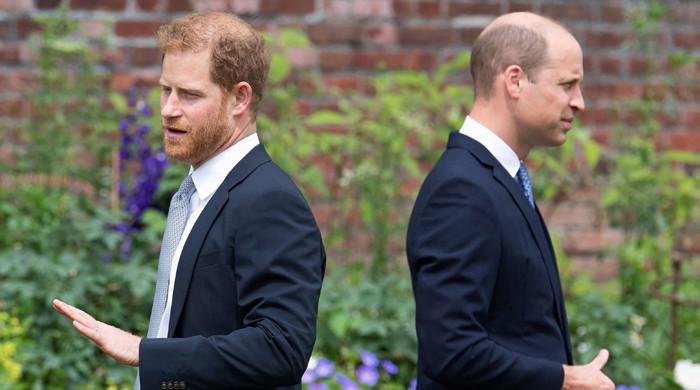
 Entertainment6 مہینے ago
Entertainment6 مہینے ago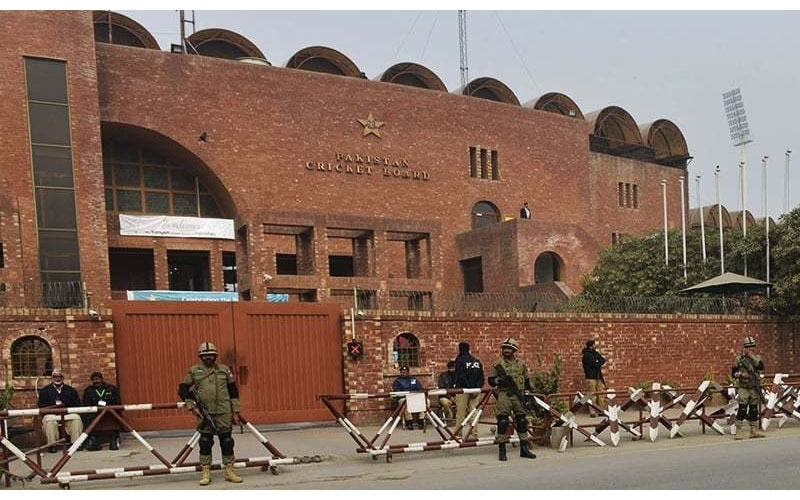
 Sports5 مہینے ago
Sports5 مہینے ago
 Pakistan7 مہینے ago
Pakistan7 مہینے ago
 Entertainment6 مہینے ago
Entertainment6 مہینے ago

